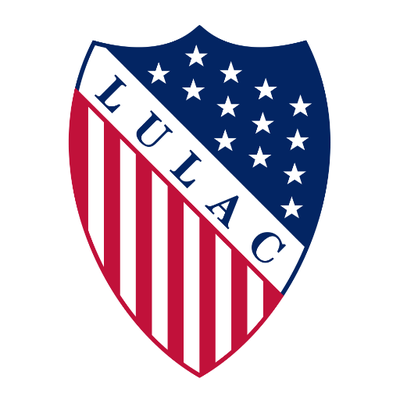Image from Twitter
The League of United Latin American Citizens (LULAC), the largest and oldest Hispanic organization in the United States, is a non-partisan movement that seeks to “advance the economic condition, educational attainment, the political influence, housing, health, and civil rights of Hispanic people who are United States citizens.” As of today (2020), LULAC has more than 130,000 members in the U.S. and Puerto Rico.
The organization has a strong Texas presence, beginning with the group’s founding in 1929 in Corpus Christi by Hispanic war veterans who joined forces to battle discrimination against Latinos in the U.S.
LULAC engages in a range of programs and initiatives in the area of education, civil rights, health, and employment, with a heavy emphasis on legislative advocacy, job training, scholarships, and civic participation.
Voting rights and voter mobilization in Texas have long been a LULAC priority, dating back to the organization’s earliest days when members organized voter registration drives and sought to repeal the Texas poll tax, a voting access barrier for many Texans of color and voters with lower incomes.
In recent years, LULAC has mounted legal challenges related to redistricting and voter ID requirements in Texas that the organization believes suppresses Hispanic voters or violates the protections promised by the Voting Rights Act of 1965. (Proponents of strict voter ID laws maintain that they are necessary in order to prohibit voter fraud.)
In September 2020, LULAC will launch “One Million Latinas Strong”, an ambitious campaign to create a “grassroots network of one million Latinas across the United States and Puerto Rico which aims to turn out Latina registered voters and register new voters.”
From the organization’s website: “We know the enormous power of Latinas, and we’re determined to equip them with tools and information to make their voices heard at the voting booth and beyond.”
Additional Learning:

